Photo credits: Penn Archives – University of Pennsylvania
Dr. Sadie Tanner Mossell Alexander (pictured) was an economist and attorney who became one of the first African American women in the United States to earn a doctoral degree.
Alexander was born in Philadelphia, Pennsylvania in January 1898. She served in the administration of Pres. Harry S. Truman as a member of the President’s Committee on Civil Rights (1946). She helped found and served as national secretary (1943) of the National Bar Association, an association chiefly composed of black attorneys.
Alexander was the youngest of three children of Aaron A. Mossell, an attorney, and his wife, Mary Tanner Mossell. Her father abandoned the family while she was still young. Her maternal grandfather was Benjamin Tucker Tanner, sometime bishop of the African Methodist Episcopal Church in Philadelphia.
One of her uncles was the noted painter Henry Ossawa Tanner. Another of her uncles, Nathan F. Mossell, was a physician and surgeon and the founder of Mercy Hospital (later Mercy-Douglass Hospital) in Philadelphia. Alexander was educated in Philadelphia and at M Street High School (renamed Dunbar High School after 1916) in Washington, D.C.
After graduating from Dunbar, she returned to Philadelphia to attend the University of Pennsylvania, receiving B.S. and M.A. degrees in economics in 1915 and 1918, respectively. In 1921 she earned a Ph.D. in economics from the university.
Her doctoral dissertation was titled “The Standard of Living Among One Hundred Negro Migrant Families in Philadelphia.”
For a few years, Alexander worked as an actuary for North Carolina Mutual Life Insurance Company in Durham. In 1923, she married Philadelphia attorney Raymond Pace Alexander, with whom she had four daughters, two of whom died in infancy.
Alexander then attended the University of Pennsylvania Law School, specializing in estate and family law and graduating with honors in 1927. She was the first African American woman to graduate from the law school and the first admitted to the bar in Pennsylvania.
She worked as an assistant solicitor for the city of Philadelphia until she formed a business partnership, the firm of Alexander & Alexander, with her husband. The findings of the civil rights commission on which she served were made public in October 1947. They led President Truman to call for a federal law outlawing lynching.
“[Alexander] aimed to champion economic inclusion and justice, despite being denied the ability to practice as an economist in the pre–Civil Rights era,” reads a June 2020 article from Fortune Magazine.
“Even though she was deliberately excluded from the profession, she continued to use her economic expertise to recommend better policies for the working class such as the federal jobs guarantee, a concept embraced by President Franklin D. Roosevelt that has been a foundational concept in progressive politics ever since,” the article also reads.
Alexander famously exhumed her historic intelligence in the well-known public speeches she made.
“There will be times when you’ll be disappointed, but you can’t stop. Make yourself the best that you can make out of what you are. The very best. I knew well that the only way I could get that door open was to knock it down; because I knocked all of them down,” she once said.
Alexander died in November 1989 at the age of 91. Her legacy of exercising duty to family and upward social mobility is a great example for black women to follow.
Source: The Encyclopedia Britannica (britannica.com)






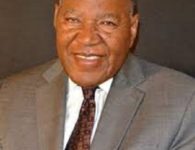
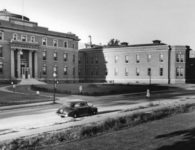
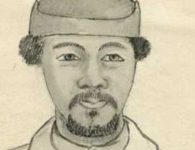

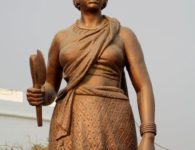
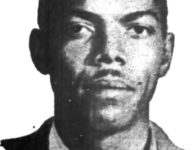


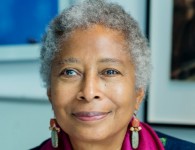
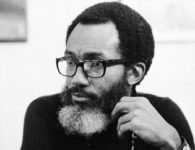



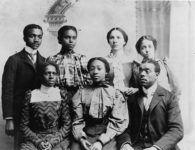

No comments